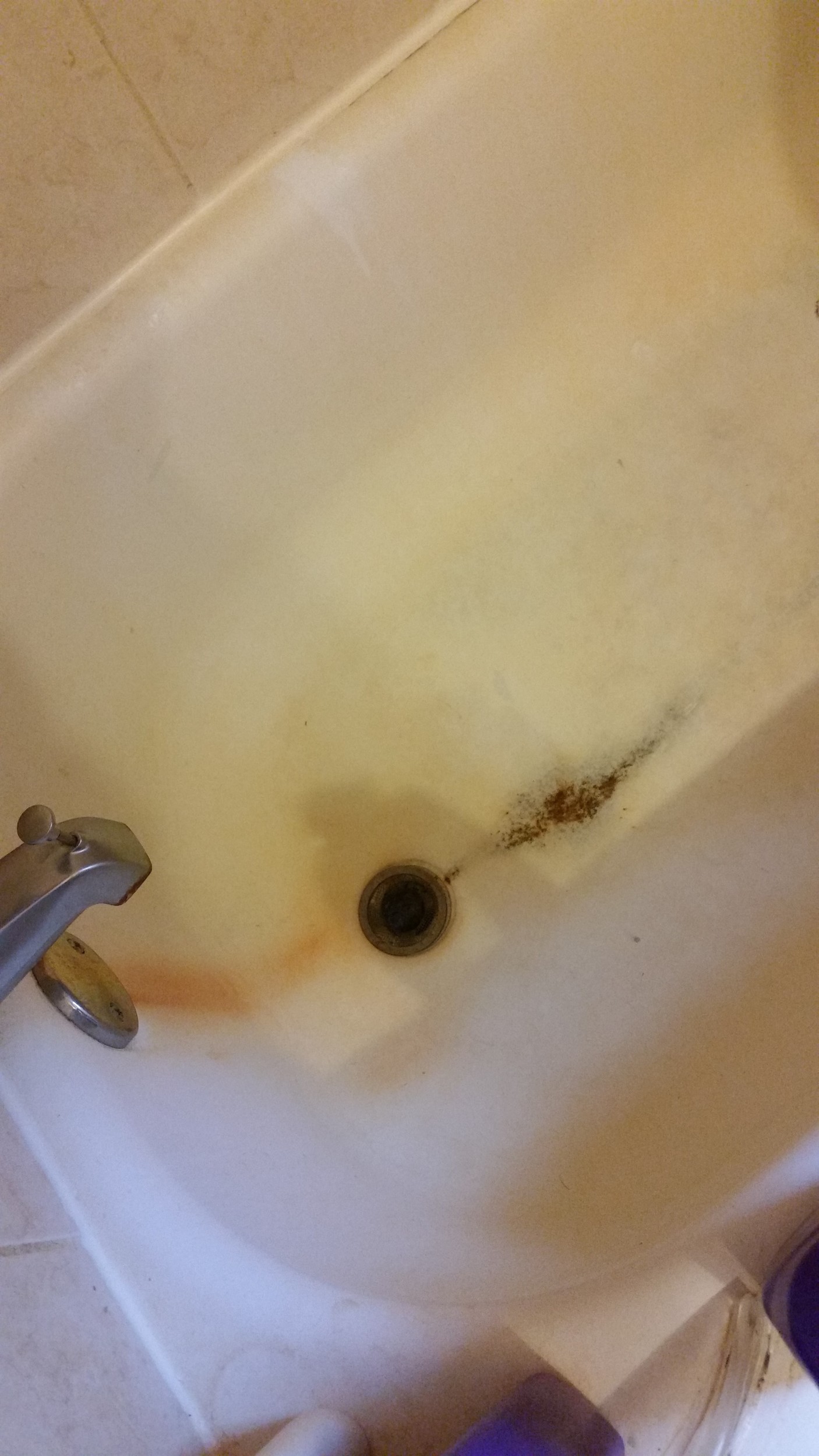Lynbrook residents still waiting for water main work to commence amid rust issues
After the Lynbrook Board of Education voted to grant an easement to New York American Water to extend a water main that has caused myriad issues for residents on dead end streets last month, relief has turned into frustration for some of the homeowners.
“They were supposed to start today and never did,” said Dianna Viglietta, who lives on Abrams Street, in an email to the Herald on July 5. “Calls and emails are not being answered.”
On June 14, the board approved an easement that enables NYAW to extend a water main that runs beneath Abrams Street and several other roads. The project began seven days earlier with the replacement of the original main, which was installed in 1922, but more work was needed to extend the pipe. The replacement was completed three weeks ago. The pipe replacement had not started as of press time.
Paul Lynch, the assistant superintendent for finance, operations and information systems for Lynbrook Public Schools, said last month that an easement from the board was necessary before work could start because work needs to be done beneath two pieces of the school district’s property to connect the pipes. With NYAW being a publicly traded company, Lynch said the easement decision had to be put out to a vote.
The option was added as a proposition during the district’s budget vote on May 16 and was approved, 1,148 to 221. The work is not expected to impact district property, but Lynch said that NYAW would pay for any damages.
The main is a dead-end pipe, which does not allow water to flow endlessly through the system. That has caused rust water issues and other problems for those who live on Abrams Street, Katherine Street, Williams Street and Bowler Avenue,. Viglietta said she has dealt with problems for 15 years and has had to purchase five dishwashers and six washing machines in that span.
As a solution, NYAW plans to fund an extension of the pipe from Abrams Street to the Bowler Avenue pipe with no cost burden on taxpayers. It would also connect to Waverly Avenue and Scranton Avenue, before splitting at Atlantic and Union avenues. Instead of ending at dead-end roads, the pipe would be continuous.
Though work was set to begin on July 5, NYAW encountered a few setbacks. A person speaking for the company on the condition of anonymity said that it was waiting on permits from the Department of Health and for road permits from the village.
As of press time, the representative said they believed everything would be in place and that work would start within a week. They did not know how long the work was expected to last. “We’re waiting for the permits then they’re ready to go,” the source said. “They usually move pretty quickly.”






